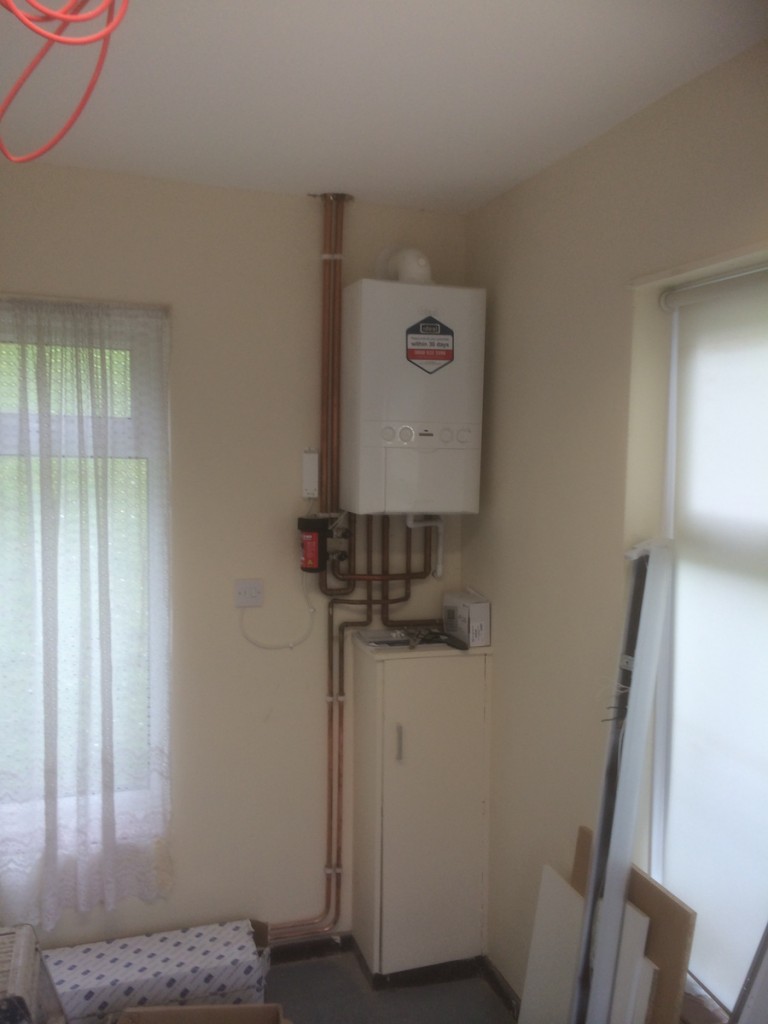For people up and down the country, limescale can be a problem. Limescale is caused by the calcium and magnesium ions in your water, which are then left behind, sticking to surfaces when the water is heated. This often effects your kettle, but it can also have a negative effect on your boiler and central heating system too. Here at Paul Robinson Heating and Plumbing Services, we are leading heating and boiler specialists. As a result, we have produced this guide to the negative impacts of limescale. So, how does limescale affect your central heating?
How does limescale affect your central heating?
Limescale can cause a range of problems across your entire central heating system. This includes:
- Your boiler- the heating element of your boiler is one of the first places to be effected by limescale. As the heating element heats surrounding water particles, the water leaves behind calcium carbonate. Over time, this calcium carbonate can build up, into a fairly thick coating. This coating will prevent the heating element from reaching as much water, so it will have to work harder than necessary. As a result, your boiler will then use more fuel, and be less efficient. So your energy prices will soar.
- Your radiators- the calcium carbonate id not always left on the heating element, sometimes it is deposited in pipes around your home, or in your radiator. This can cause circulation problems within the radiator, as the calcium carbonate causes a blockage, preventing hot water from moving around the system. As a result, your radiator might develop cold patches, and you might struggle to maintain a warm room temperature.
For more information about limescale, and what you can do about it, get in touch with the leading professionals today, here at Paul Robinson Heating and Plumbing Services.

